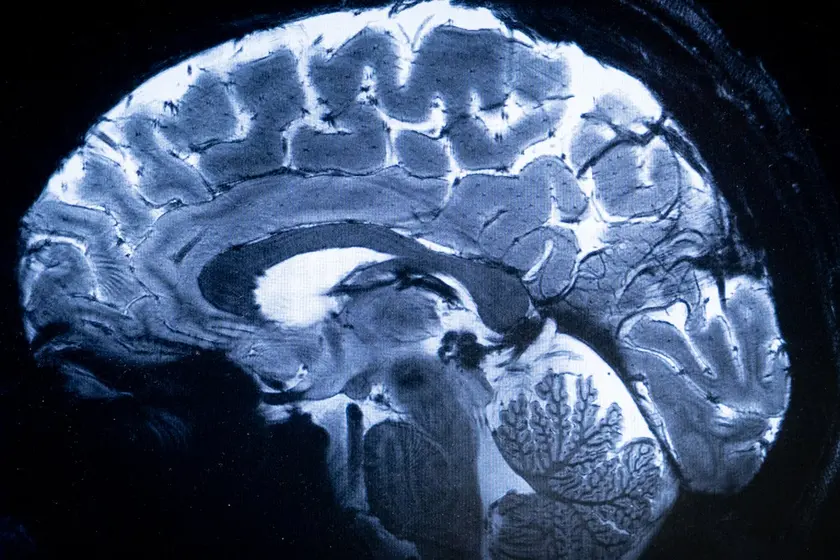T4K3.news
New study reveals lithium's potential role in Alzheimer's prevention
Researchers at Harvard show that lithium may protect against aging brain changes.

A groundbreaking study reveals lithium's potential role in preventing Alzheimer's-related brain changes.
New research suggests lithium may protect aging brains from Alzheimer's
Researchers at Harvard Medical School have discovered that lithium, a metal used primarily as a mood stabilizer, might play a crucial role in brain health and aging. Published in the journal Nature, this study indicates that low levels of lithium in the diet can lead to inflammation and accelerate aging in the brain of mice. The researchers found that maintaining lithium levels helps protect against the buildup of harmful proteins typically associated with Alzheimer's disease. The findings may pave the way for new treatments and diagnostic tools as Alzheimer's affects millions of older adults in the U.S.
Key Takeaways
"It will take a lot more science to determine whether this is a common pathway..."
Dr. Bruce Yankner highlights the need for further research to confirm the findings.
"At first, frankly, we were skeptical of the result because it wasn’t expected."
Dr. Yankner shares the initial doubts regarding the unexpected findings on lithium levels.
"A lot of the foods that have already proven to be healthy may be beneficial because of their lithium content."
This statement by Dr. Yankner points to the importance of diet in brain health.
"The data are very intriguing."
Dr. Yankner expresses the potential significance of the research findings.
This study shifts our understanding of lithium from a mere psychiatric treatment to a potential neuroprotective agent. The implications are significant, considering a growing older population at risk of Alzheimer’s. Dr. Bruce Yankner, who led the study, emphasizes that while we should remain cautious, the findings underscore a critical connection between nutritional intake and brain health. It also points out a neglected area of research regarding the physiological roles of lithium in the human body.
Highlights
- Lithium could be a game changer in battling Alzheimer's.
- Maintaining appropriate lithium levels may slow cognitive decline.
- We may have found a new pathway to protect the aging brain.
- This research opens doors for innovative Alzheimer's treatments.
Potential Risks of Lithium Use
While lithium shows promise in brain health, self-medicating with lithium supplements may carry risks, including kidney and thyroid issues.
Further human studies are necessary to confirm the safety and effectiveness of lithium as a treatment for Alzheimer's.
Enjoyed this? Let your friends know!
Related News

New study reveals lithium's potential in Alzheimer’s treatment

New study links lithium deficiency to Alzheimer's disease

New Harvard study reveals lithium could fight Alzheimer's

New study links lithium deficiency to Alzheimer's risk

New study reveals lithium’s potential in treating Alzheimer’s

Lithium shows potential for Alzheimer's treatment

New study shows lithium may protect against cognitive decline

Study finds metformin may help prevent dementia
